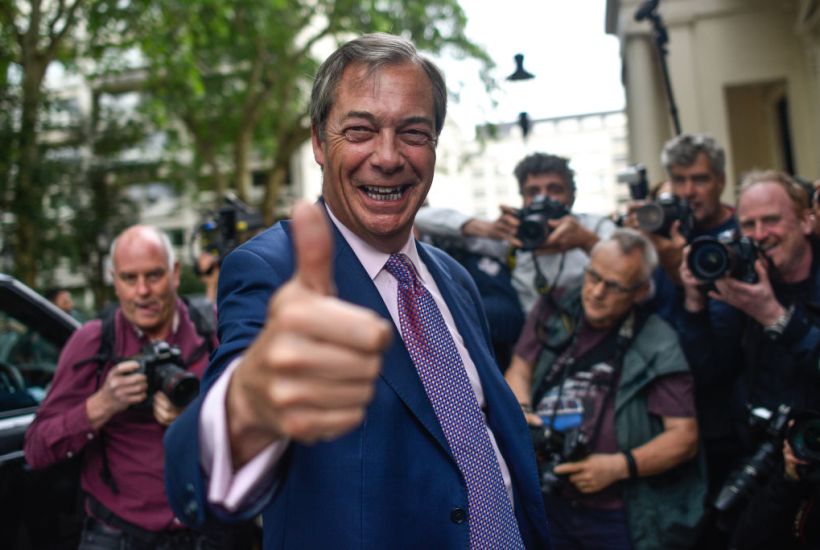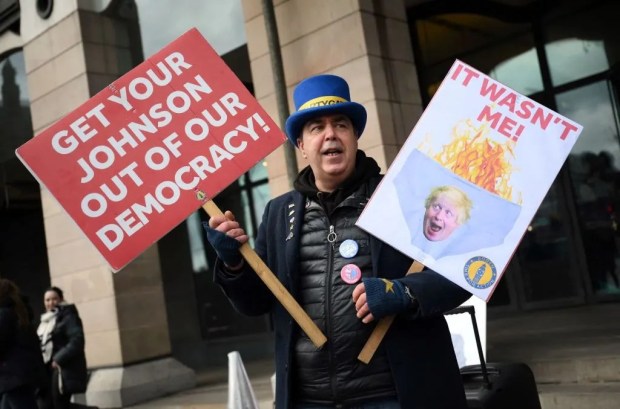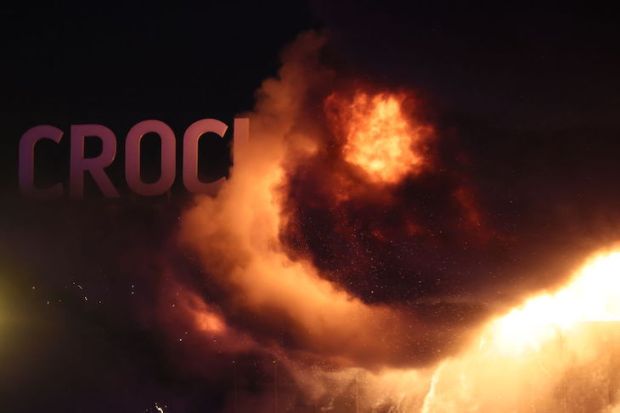He’s gone. Again. Even casual watchers of UK politics will be used to Nigel Farage quitting…and then returning.But this time, he insists it is for real. Except leaving politics does not mean disappearing from public life. ‘I now feel I can do just as much to shift public opinion through media and social media as I can as a campaigning party leader,’ he said in his announcement that he was quitting heading up the Reform Party.
He’s right. And his opponents will once again play into his hands because they will fall back onto the same patterns of caricature and derision as they have throughout Farage’s career.An announcement from Farage that he is quitting has provoked the usual reactions from the usual suspects. His detractors are in full mocking mode, while his supporters are thanking him for his role in Brexit.‘A modern day Wat Tyler’ is how the academic and Farage expert Matthew Goodwin has described him, claiming future historians will see him as ‘one of the most influential and underestimated politicians of our time’.Goodwin is correct, and it’s incredible that those who passionately and fundamentally disagree with Farage still haven’t taken the time to understand his appeal – or how they help feed it.
I first met Farage in April 2013, ahead of the campaign for the local elections which saw Ukip edge towards a national breakthrough. I trailed him from that point to the 2015 General Election, chronicling that period in the book Following Farage.What I saw in those two years was a man taking politics to people who thought politicians no longer cared about their views. The views that were deemed unpalatable, or ignorant. Concerns about opportunities, freedom of speech, changes to local communities, and of course, immigration. It seemed to me that many people were not anti-immigration, but felt they hadn’t been consulted about the changes to their towns which had occurred in the aftermath of EU expansion into Eastern Europe.And Farage was talking about it where so many others were not.And how did the media and the establishment react to Farage and the issues he had tapped into? With dismissal and mockery.Farage’s background as a privately-educated commodity trader in the City was attacked; often by the same people who are keen to point out that it doesn’t matter what your background is.Erratic Ukip members who had ridiculous views were portrayed as representing the whole anti-EU movement. Remember the Ukip councillor who said flooding in the UK was God’s response to legalising gay marriage? Most people realised that was the view of one man – or at the most a small group of people. All parties have their cranks.Concerns about immigration were characterised as racism.
Yet the thought-process that was never undertaken was this: If you believe Farage is a modern-day Enoch Powell, then why did millions rush to his banner? Are millions of people in the UK racist? Or is it more that he was the only politician talking about the issue, really talking about it? Going to town halls and working clubs up and down the country, speaking to people who were seeing communities change and wanting to understand why. He gave people a focal point, an outlet. The narrative from the cultural establishment was that to even question this reality – and it was a reality for people – was to be no better than the BNP.He did though go too far on many occasions. The ‘Breaking Point’ poster in the EU referendum, his claim that asylum seekers who sail dinghies across the English Channel amounts to an ‘invasion’, saying he was once late for an event because mass immigration had made the roads busier: these are just some of the times when Farage went beyond the pale.However, I believe the cultural establishment drove people into the arms of Farage. And they will continue to do so. The heat around so many issues, such as Black Lives Matter and transgender rights, is now more intense than ever thanks to the polarising effect of social media. So much noise. So much righteousness. So little nuance.It is an area where Farage will continue to thrive – and where his opponents will keep playing into his hands.
Got something to add? Join the discussion and comment below.
Get 10 issues for just $10
Subscribe to The Spectator Australia today for the next 10 magazine issues, plus full online access, for just $10.




















Comments
Don't miss out
Join the conversation with other Spectator Australia readers. Subscribe to leave a comment.
SUBSCRIBEAlready a subscriber? Log in